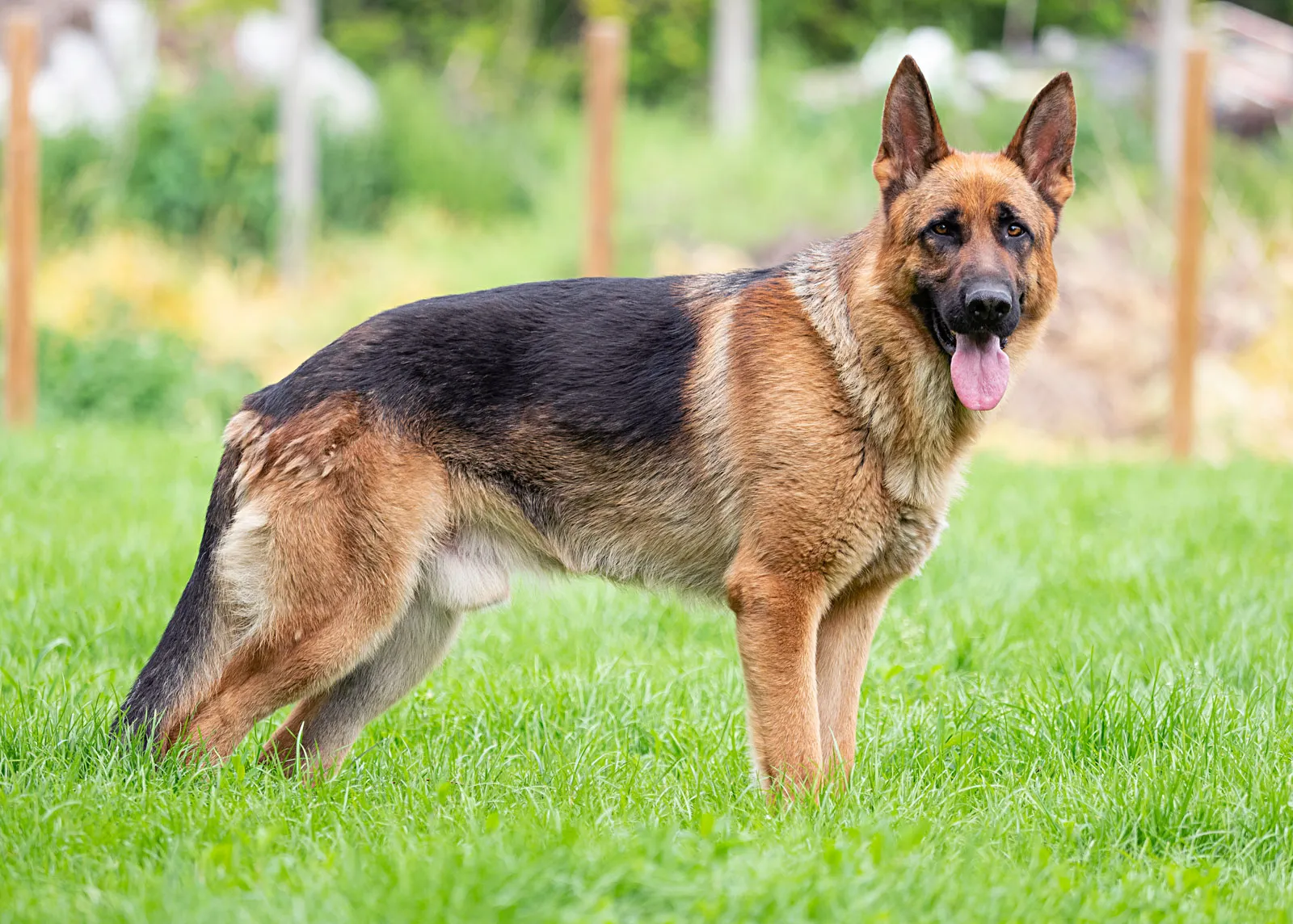Dog Boarding
Experience peace of mind with our 24/7 check-in and check-out services, including emergency boarding.
Experience peace of mind with our 24/7 check-in and check-out services, including emergency boarding.
Keep your pet looking and feeling their best with our professional grooming services, executed with the utmost care and expertise.
Let your dog indulge in a day packed with fun activities and social engagement, all while receiving specialized care from our dedicated team of caregivers.

When work or travel takes you away from home, our overnight boarding service ensures your dog is in good hands, receiving care and attention even during the nightime hours. We as boarding facilities prioritize the health and safety of their guests.





Lorem ipsum dolor sit amet, consectetur adipisicing elit, sed do eiusmod tempor incididunt ut labore et dolore magna aliqua. Ut enim ad minim veniam, quis nostrud exercitation ullamco laboris nisi ut aliquip.
We are open 24/7/365 for your convenience, offering emergency boarding and transport services to ensure the best dog boarding experience in Bangalore. Enjoy flexible 24-hour check-ins and check-outs tailored for your schedule, providing seamless service whenever you need it. Our commitment is to accommodate your needs at any time, ensuring that your pet receives top-quality care and support around the clock.
Rely on our 24/7 services for the best dog boarding in Bangalore, staffed by pet clinic-experienced caregivers, we offer love and ultra-clean, solar-powered air-conditioned comfort for our furry guests. We provide support and assistance anytime, ensuring your peace of mind with top-tier safety and convenience. Committed to making your life easier, we're here for you around the clock, every day of the week.
Providing a safe and comfortable stay with professional pet caregivers experienced in top-tier dog boarding in Bangalore.
Offer emergency boarding around the clock. Anytime you need us, we’re here, making pet boarding in Bangalore seamless and stress-free.
Comprehensive transport services ensure convenient pick-up and drop-off for your dog, available 24/7 throughout Bangalore.
Experience love and care at our facility, offering the best daycare for dogs in Bangalore, where your pet’s happiness is our priority.
Basic
Exclusive
Platinum
Basic
Exclusive
Platinum



Just Boarded my dog in this facility just 5 days back. Sending videos every day. Our dog looks happy over there.
I highly recommend it for the amazing care of dogs.






























